
The Prize is a 1963 spy film starring Paul Newman, Elke Sommer and Edward G. Robinson. It was directed by Mark Robson, produced by Pandro S. Berman and adapted for the screen by Ernest Lehman from the novel of the same name by Irving Wallace.
The Nobel Prize in Literature has been awarded to Andrew Craig (Paul Newman), who seems to be more interested in women and drinking than writing. When he arrives in Stockholm for the award ceremony, he is delighted to find that the Swedish Foreign Department has sent the beautiful Inger Lisa Andersson (Elke Sommer) as his personal chaperone. When Craig arrives at his hotel, he is introduced to another laureate, Dr. Max Stratman (Edward G. Robinson), a famous German-American physicist, who is accompanied by his niece Emily (Diane Baker).
When Craig meets Stratman for the second time, at a press conference, Stratman acts as if they had never met before and also displays a change in personality, despising photographs and being less talkative. Craig then, with no time to further talk to Dr. Stratman, has to give his interview, and in short succession admits to suffering from writer's block for years, having not even started his highly anticipated next novel, Return to Carthage, and having written pulp detective stories to pay the rent. He even suggests that he may have lost his talent. Asked for an example of developing a detective story, he suggests the possibility that Stratman may be an imposter.
The Nobel laureates for chemistry, Dr. Denise Marceau (Micheline Presle) and Dr. Claude Marceau (Gérard Oury), as well as his "private" secretary, Monique Souvir (Jacqueline Beer) are also staying at the hotel. So are Dr. Carlo Farelli (Sergio Fantoni) and Dr. John Garrett (Kevin McCarthy), the laureates for medicine.
As events progress toward the prize ceremony, Craig realizes that his offhand suggestion that Stratman is an imposter is actually the truth, and pursues the case. Unfortunately, his adversaries are able to stay one move ahead of him and cover their tracks, and due to Craig's reputation of heavy drinking and fiction writing, nobody believes him.
The film has an overall Hitchcock-esque mood, bearing some similarities to North by Northwest (1959), including usage of Hitchcockian actor Leo G. Carroll. The scene on the bridge and in the nudist club are most often mentioned.



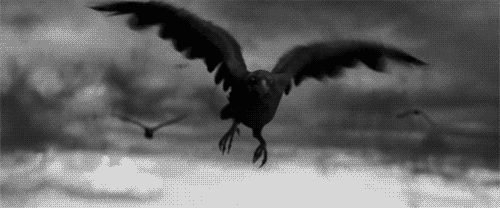
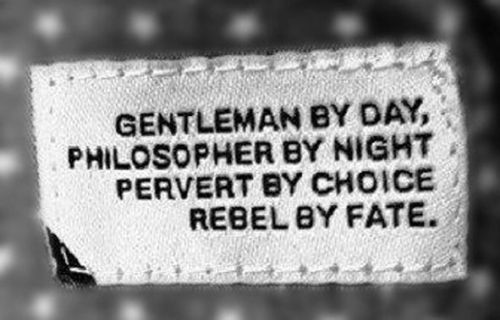



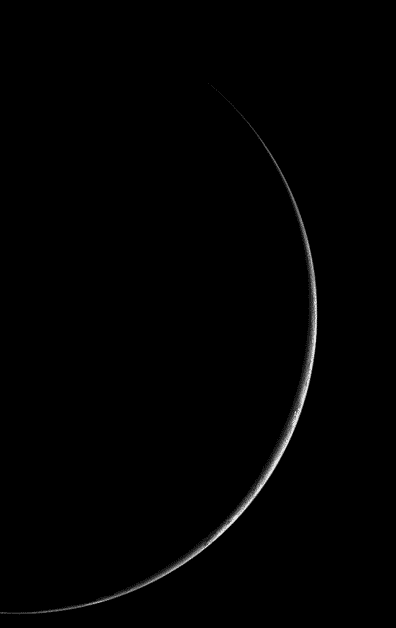








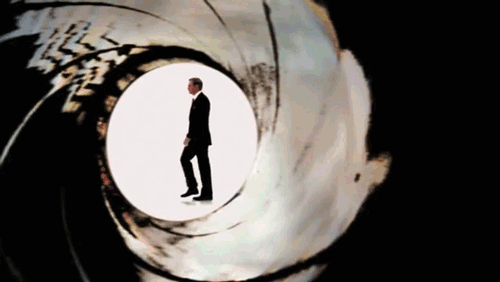


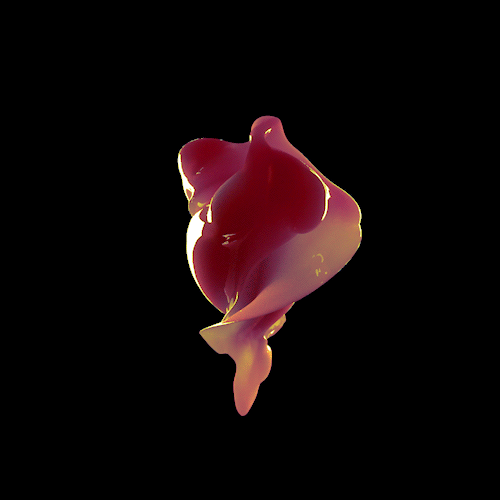


No comments:
Post a Comment